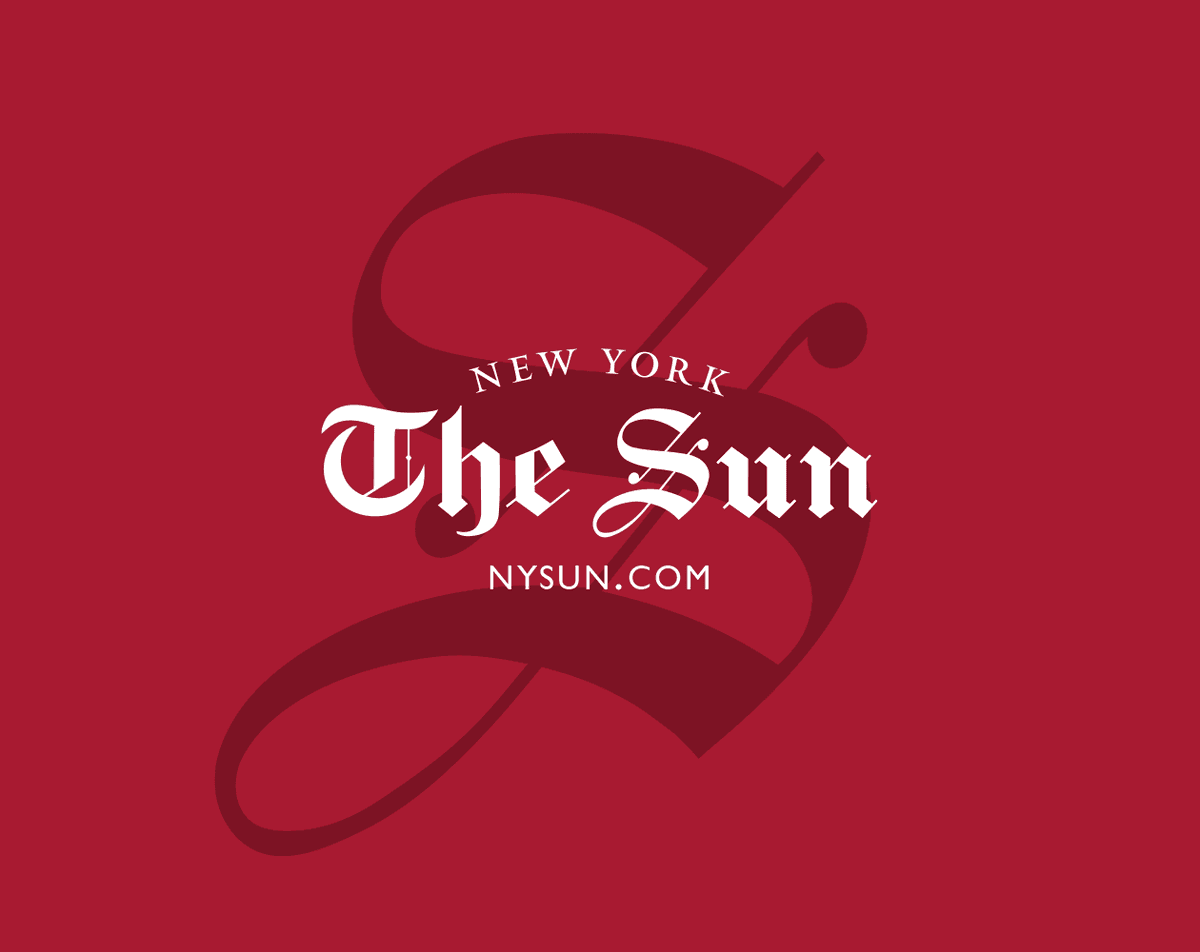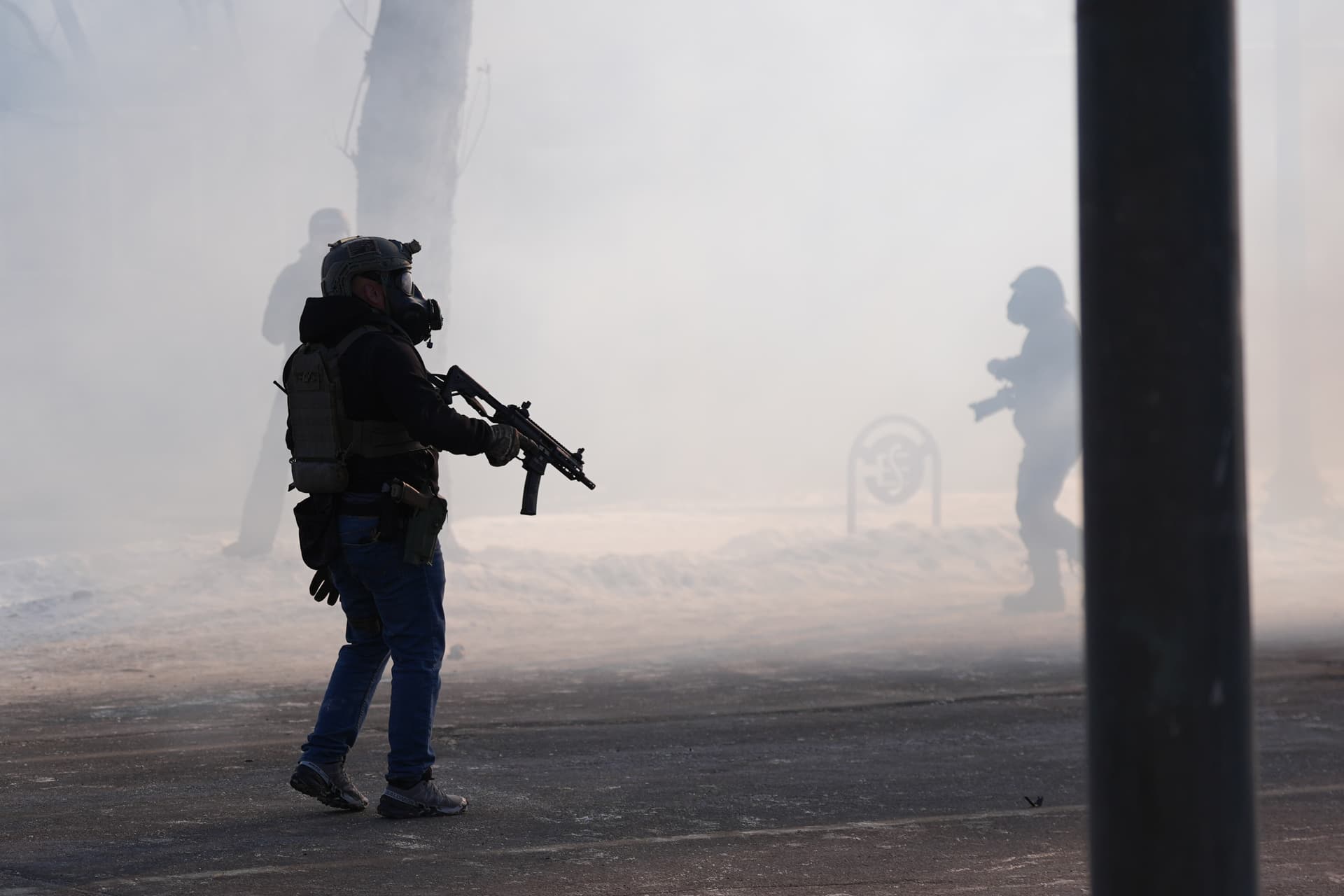
Redistricting Wars Kicked Off By Trump Poised To Linger Well Into 2028 Election Cycle
By MATTHEW RICE
|This article is from the archive of The New York Sun before the launch of its new website in 2022. The Sun has neither altered nor updated such articles but will seek to correct any errors, mis-categorizations or other problems introduced during transfer.


By MATTHEW RICE
|
By LUKE FUNK
|
By WILL FRIEDWALD
|
By MATTHEW RICE
|
By DANIEL McCARTHY
|
By NOVI ZHUKOVSKY
|
By GEORGE WILL
|
By JOSEPH CURL
|Already have a subscription? Sign in to continue reading
$0.01/day for 60 days
Cancel anytime
By continuing you agree to our Privacy Policy and Terms of Service.